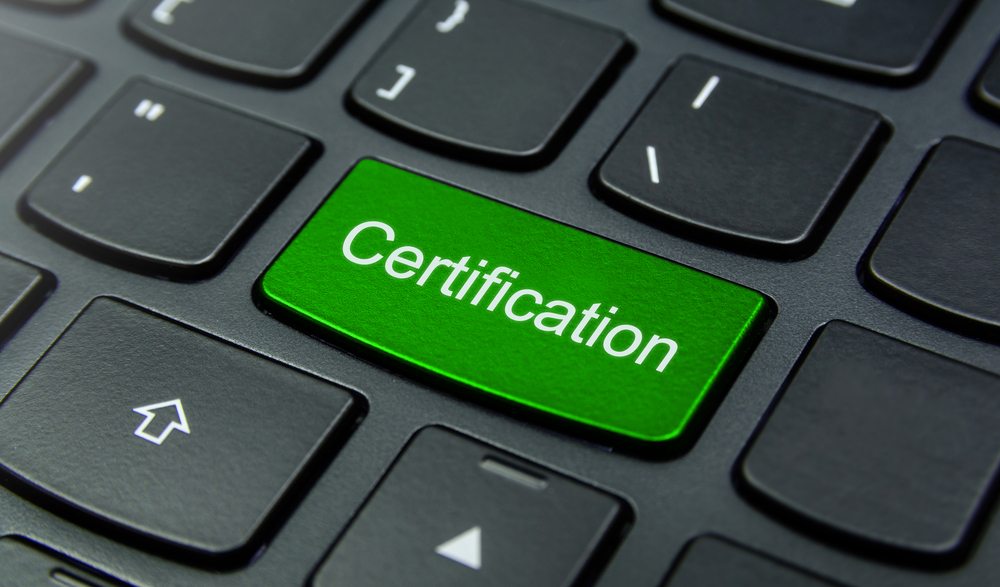
After hearing feedback from companies that current certification requirements are challenging to achieve for more niche markets, e-Stewards is designing more targeted standards. | Yuri Photolife/Shutterstock
ITAD companies will soon have a certification option that’s more tailored to their daily operations.
Selena Turnock, e-Stewards acting certification director, told E-Scrap News that certification standards across the board have been getting longer and more onerous, which can be daunting to a new company.
“At a time when standards may be getting more prescriptive or longer, we found the need to maintain the ethics and integrity of the e-Stewards program while providing a certification solution for these niche organizations that will not be overburdensome,” she said. “As one of our latest mottos says, ‘we’re staying principled, yet practical.'”
Samsung is helping fund the development work for the new ITAD-specific standard, Turnock said. The company is part of the e-Stewards leadership council.
“As it was brought to the table, Samsung was very generous and said they’d be able to provide us with some financial support to bring together the right people,” she said. “We’re very grateful to them.”
Certifications are often more focused on processing and commodity recovery, which smaller ITAD companies may not do themselves, Turnock said. She added that e-Stewards has registered interest from the industry for a certification program that doesn’t require plans for safe management of mercury, shredding, smelting or other hydrometallurgical processes if a given company doesn’t handle those things.
“We thought, ‘OK, what if we took our current standard and shaved it down and made it very specifically for reuse and refurbishment?'” Turnock said.
There’s been growth on the reuse and refurbishment side of the industry, she added, and a more accessible standard could help increase the number of certifications.
“We’re hoping that – especially for some of the new organizations that are coming in – that they don’t get so overwhelmed with some of the larger standards and they can do this as a good stepping stone,” she said.
An industry trend
Other standards administrators are tackling the same issue in different ways. Sustainable Electronics Recycling International (SERI), which administers the R2 certification, also recently announced programs to help increase accessibility and remove certification barriers. The change comes in the wake of SERI’s transition to its R2v3 standard, which restructured the process with the goal of streamlining certification by allowing companies to meet core standards and then choose specialization tracks depending on what services they offer.
In a press release, Jim Puckett, founder of the Basel Action Network (BAN), which oversees e-Stewards, said the goal is to “evolve our sustainability and accountability tools to the greater welfare of people and planet but also to the practical needs of the businesses they serve.”
“It should not always be difficult to do the right thing,” he added.
To differentiate the pared-down standard from the full e-Stewards standard, Turnock said the new program will have a distinct name and be marketed separately. The details, including fees for certified facilities, are all still under consideration, she said.
“We’re still in the development phase,” she said. “We’re working with our standards committee, getting different perspectives from current e-Stewards companies, and we anticipate that we will be able to have it published as a first draft for public comment by the fall.”
Turnock said she’s hoping for a rollout of the final standard by the end of the year. Any companies interested in being part of the review team should contact e-Stewards.



